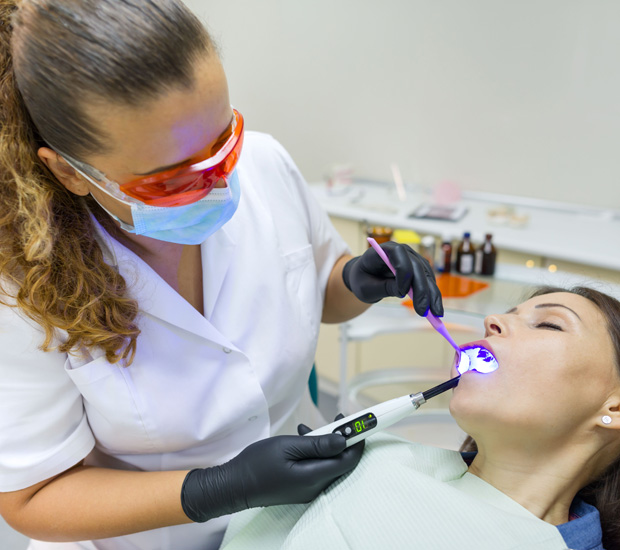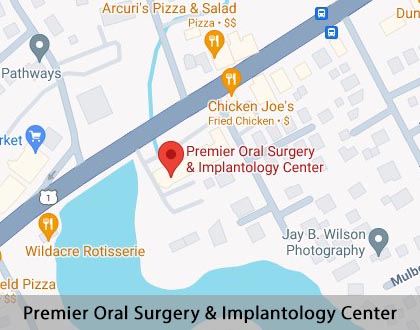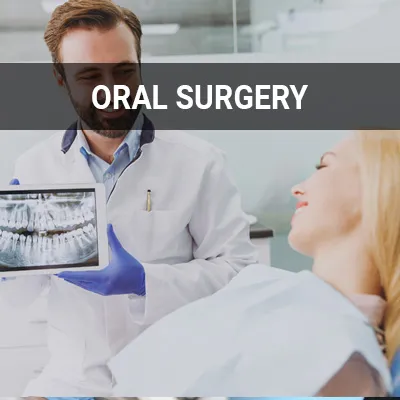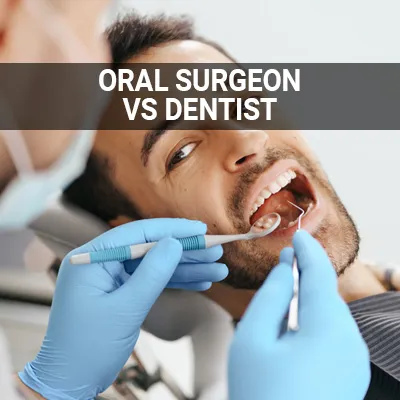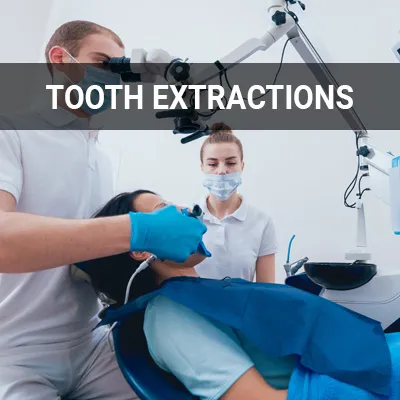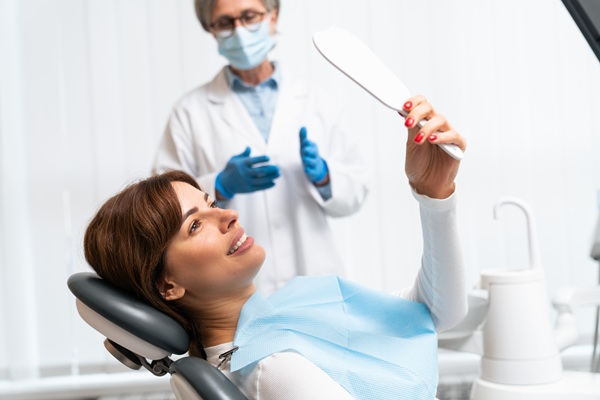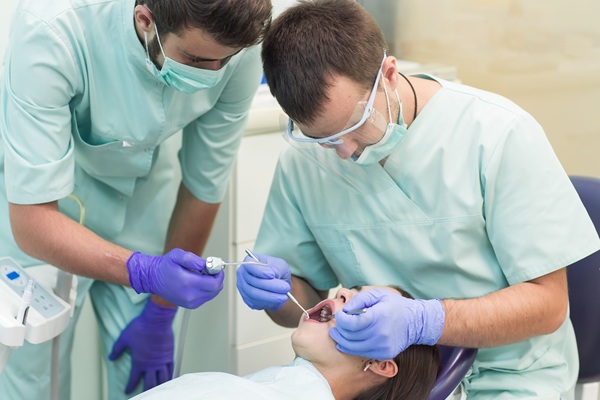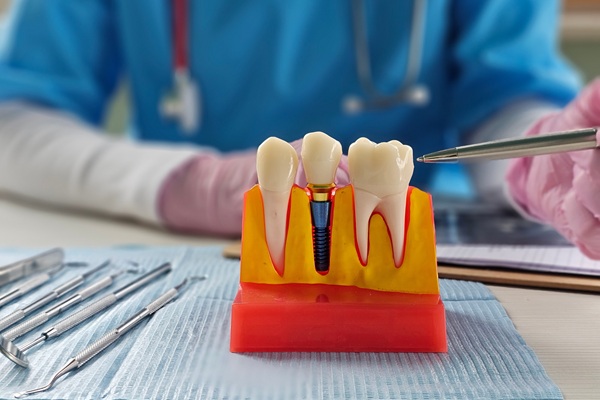Sedation Oral Surgery Cos Cob, CT
Sedation oral surgery can help soothe patients' fears by allowing them to relax in the surgeon's chair. Too often, dental anxiety prevents patients from getting the dental treatment they need. There are several different kinds of sedation used during oral surgery. Some patients may find they benefit from more intensive types. Sedation oral surgery uses medication to ease patients' concerns.
Sedation oral surgery is available at Premier Oral Surgery & Implantology Center in Cos Cob and the surrounding area. For many patients, sedation may make oral surgery a more comfortable and less daunting process. Call our oral surgeon and team today at (203) 347-4046 to schedule an appointment.
Understanding Sedation Oral Surgery
Our oral surgeon can use sedation at almost all levels of dentistry, no matter how "minor" or invasive the procedure may be. There are many different levels of sedation that we will consider depending on a patient’s needs and degree of fear, including:
- Minimal Sedation. Patients under minimal sedation remain awake for the procedure but take a relaxing sedative.
- Moderate Sedation. Patients under moderate sedation also remain awake for the procedure but take a more potent sedative that may cause them to slur their words or forget much of the procedure. This is also known as conscious sedation.
- Deep Sedation. Patients under deep sedation take a sedative that puts them on the edge of consciousness. However, this does not prevent patients from being awakened during this time.
- General Anesthesia. Patients under general anesthesia take a sedative that renders them completely unconscious for the entire procedure.
“Our oral surgeon can use sedation at almost all levels of dentistry, no matter how “minor” or invasive the procedure may be.”
Types of Sedation
According to the American Dental Association, patients can have sedation administered in many different ways, including inhaled gasses, ingested pills, and intravenous medications. Local, topical, and injectable anesthetics may also be used, depending on the situation.
Patients undergoing minimal sedation may choose to either receive a steady stream of nitrous oxide (also known as "laughing gas") or opt for a form of oral administration (typically a pill). Those who choose oral administration will typically take a pill an hour in advance of the procedure. This will make them drowsy without putting them to sleep. When an oral surgeon administers minimal sedation, on the other hand, the patient receives a steady stream of nitrous oxide (also known as "laughing gas") and oxygen through a mask placed over the nose. The surgeon can control the amount of gas received. This type of sedation usually wears off fairly quickly, and some patients may even be able to drive themselves home after.
Oral administration is also available for patients who want moderate sedation. Typically, this will involve the surgeon administering a greater dose. Patients may also choose to opt for intravenous (IV) moderate sedation. This method is fast-acting and allows the surgeon to adjust the level of sedation throughout the procedure continually.
Finally, deep sedation and general anesthesia can render the patient either almost or entirely unconscious for the whole procedure. These medications are typically a combination of IV drugs and inhaled gasses. With few exceptions, a patient under deep sedation and general anesthesia will remain asleep throughout the entire procedure until our oral surgeon intentionally reverses the effects of the drugs wear off.
“According to the American Dental Association, patients can have sedation administered in many different ways, including inhaled gasses, ingested pills, and intravenous medications.”
Preparing for Sedation Oral Surgery
With few exceptions, patients who want to undergo sedation during oral surgery must make an initial consultation appointment with our team. They should not eat or drink anything for six hours before surgery, including gum or breath mints. If patients must take any medication, they should do so with the smallest amount of water possible. Water intake should not exceed two ounces on the day of surgery.
Patients should notify the office immediately if they have any signs of illness. They should not smoke on the day of surgery or drink alcohol the night before. Additionally, patients should remove any fingernail polish, contact lenses, and facial and oral piercings before the operation.
Patients should wear loose, comfortable clothing with short sleeves and low-heeled shoes on the day of the operation and arrange for a trusted adult to drive them to and from their appointment. The driver will be required to stay for the length of the procedure (usually approximately 90 minutes). Any minors present must be accompanied by a parent or guardian and will also be required to stay. Do not drive or operate any machinery for 24 hours following anesthesia.
“With few exceptions, patients who want to undergo sedation during their oral surgery must make an initial consultation appointment with our team.”
Check out what others are saying about our dental services on Yelp: Sedation Oral Surgery in Cos Cob, CT
Questions Answered on This Page
Q. What is sedation oral surgery?
Q. What are the different types of sedation?
Q. How should patients prepare for surgery?
People Also Ask
Q. How is an oral surgeon different from a general dentist?
Q. What happens during the tooth extraction?
Q. What can I expect to feel during and after the oral surgery procedure?
Frequently Asked Questions
Q. Is sedation oral surgery safe?
A. There are always some risks that come with getting anesthesia. However, sedation oral surgery is generally safe, and choosing the right surgeon can help minimize the chances of having anything go wrong. Be open and honest about your medical history, as some patients may be more at risk for complications than others.
Q. Is sedation oral surgery right for me?
A. For some more involved oral surgeries, sedation is absolutely necessary. Still, several patients may benefit from opting for sedation during their procedure. These include those who are unable to sit still in the surgeon's chair, have a bad gag reflex, have a low threshold for pain, have sensitive teeth, or require a large amount of dental work to be completed in one procedure.
Q. Who can perform sedation oral surgery?
A. Many general dentists can administer minimal forms of sedation, such as nitrous oxide gas or pills. However, deep sedation and general anesthesia can only be performed by those who have completed the Commission on Dental Accreditation's corresponding program. Our qualified oral surgeon can conduct whatever levels of sedation are appropriate for you.
Q. What is it like to recover from anesthesia?
A. The answer to this varies on a case-by-case basis and the type of sedation used. Generally, you should eat a nutritious meal to restore your energy once you are home, and you should expect to be able to return to your normal activities by the next day. Still, you should refrain from driving, operating machinery, or drinking alcohol for the next 24 hours. Consult with your oral surgeon to learn more about your recovery plan.
Q. What is the difference between sedation and anesthesia?
A. Sedatives help you relax, while anesthetics block pain. Surgeons often use both together to allow patients to have the most comfortable surgical experience possible.
Start Feeling Better – Visit Us Today
By visiting us as soon as possible, our team can help get you the professional treatment you need. Instead of waiting around and allowing the symptoms to get worse, we can provide you with treatment options.
Learn More Today
If you find the prospect of oral surgery daunting, then sedation may be right for you. Our oral surgeon and team at Premier Oral Surgery & Implantology Center may be able to help. Call our Cos Cob office today at (203) 347-4046 to make an appointment.
Helpful Related Links
- American Dental Association (ADA). Glossary of Dental Clinical Terms. 2024
- American Academy of Cosmetic Dentistry® (AACD). Home Page. 2024
- American Academy of Maxillofacial Prosthetics. American Academy of Maxillofacial Prosthetics. 2024
- American Association of Oral and Maxillofacial Surgeons. American Association of Oral and Maxillofacial Surgeons. 2024
- American College of Oral and Maxillofacial Surgery. American College of Oral and Maxillofacial Surgery. 2024
- National Cancer Institute (NCI). National Cancer Institute (NCI). 2024
- WebMD. WebMD’s Oral Care Guide. 2024
About our business and website security
- Premier Oral Surgery & Implantology Center was established in 2024.
- We accept the following payment methods: American Express, Cash, Check, Discover, MasterCard, and Visa
- We serve patients from the following counties: Fairfield County
- We serve patients from the following cities: Cos Cob, Greenwich, Stamford, Darien, and Fairview
- National Provider Identifier Database (1366671281). View NPI Registry Information
- Healthgrades. View Background Information and Reviews
- Norton Safe Web. View Details
- Trend Micro Site Safety Center. View Details
Back to top of Sedation Oral Surgery
